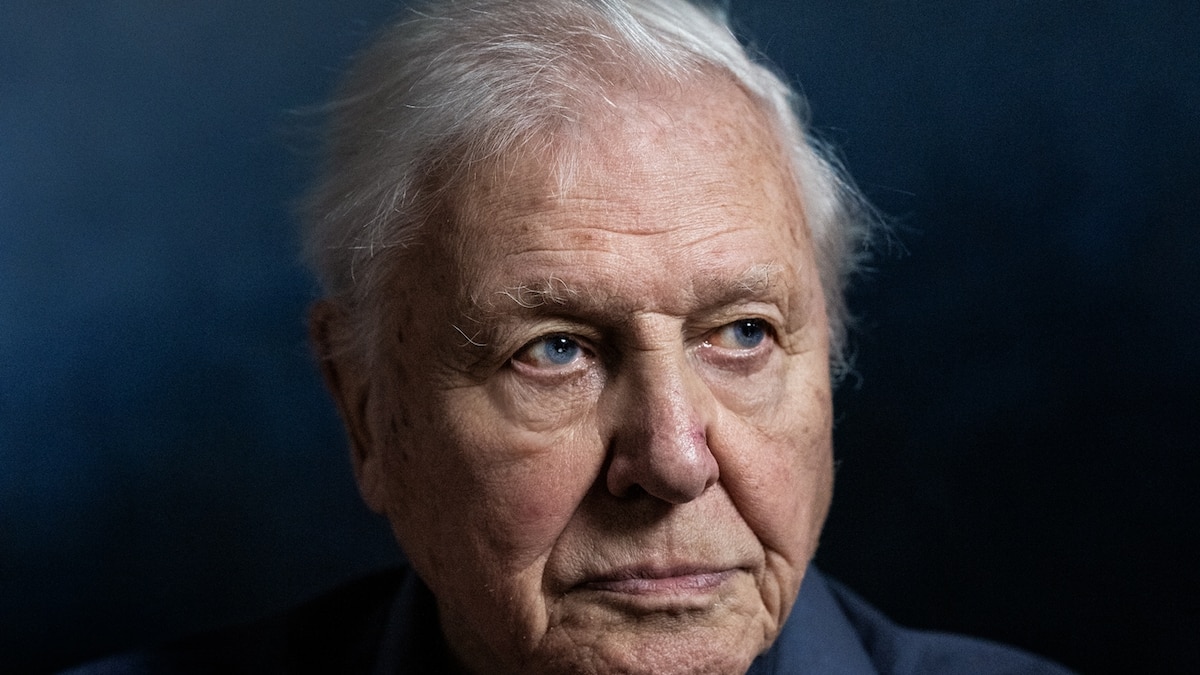
The solutions aren’t all about sacrifices and aren’t all decades away. The marine protected areas we show have all brought benefits in just a few years to the people who live by them, and at the same time, those reserves have drawn down carbon dioxide from the atmosphere and allowed marine species—from turtles to sharks to tuna—to recover. This is a real win-win for nature, for people, and for the climate. We just need to plan for the future, rather than only chasing immediate gains.
What keeps you working?
Because people I like working with keep asking me to. I enjoy the process of filmmaking. But stepping back, I can also see that this sort of storytelling has never been more important. Many of our societies have never been more removed from nature, less in tune with its rhythms and changes. That has brought many benefits, of course, but it does also mean that we don’t necessarily notice the changes to our world as acutely as we once would have done.
Whilst scientific publications and debates are vital, most of us are far more likely to engage with a story or a documentary. Our species has always used storytelling to create a shared identity and give explanation and context to the world around us. We are naturally interested in the stories of other people and places, so the onus is on all of us, as well as broadcasters and publishers, to find the ways to tell stories of the natural world and our relationship with it.
